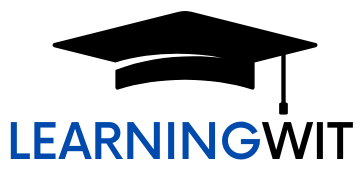If you’ve been exploring the world of personal growth, chances are you’ve stumbled across Mindvalley. Maybe you saw one of their flashy ads promising “a new you in 30 days” or came across one of their free masterclasses. Or perhaps someone in your circle has already done one of their popular Quests like Superbrain or Lifebook.
But here’s the thing: Mindvalley is not your typical online course platform. It’s not like Udemy, where you can buy random one-off courses, nor like Coursera, where you’ll find university-style academic lectures. Mindvalley lives in its own category: high-energy, transformation-focused, habit-driven courses aimed at changing how you think, live, and even dream.
That mix excites some people and turns off others. Some see it as a life-changing experience, while others dismiss it as too spiritual or even “self-help fluff.” The truth, as usual, is somewhere in between. And in this in-depth review, I’ll break it down for you in plain English — so you’ll know exactly what you’re getting before you decide whether to invest your time (and money) in Mindvalley.
This review is based on student feedback, independent reviews, and my own analysis of the platform. I’ll also give you a detailed look at the 7 best Mindvalley courses you can take right now. By the end, you’ll know whether Mindvalley is worth your attention — and which Quests are most likely to move the needle in your life.
Let’s dive in.
Community: The Heart of the Mindvalley Experience
One of the biggest differences between Mindvalley and traditional e-learning platforms is community.
On Udemy or YouTube, you might buy a course, watch a few videos, and then quietly forget about it. On Mindvalley, every Quest comes with a built-in tribe: a group of learners going through the same journey, at the same time, with tools to connect, share insights, and keep each other accountable.
Mindvalley actively promotes this “learning together” model. They even host meetups and live events in different cities, where members can gather in person. Some people say these meetups alone are worth the subscription fee because you get to network with like-minded growth-focused people.
What students often report is that the sense of accountability makes it easier to stick with a program. Imagine waking up to dozens of people in your group posting their reflections about last night’s dream (in the Lucid Dreaming Quest), or sharing their struggles with sugar cravings (in WildFit). You don’t feel alone.
Of course, there’s another side to this: not every community is equally active. Some cohorts buzz with energy; others feel quiet and empty. It depends on the course, the timing, and how engaged the facilitator is. Still, compared to most online platforms, Mindvalley’s community game is strong.
If you’re the type who thrives when learning with others, you’ll probably love it. If you’re an introvert who prefers solo study, you can skip the group features and just enjoy the lessons.
Content: Breadth, Depth, and Credibility
Mindvalley’s content library is wide. You’ll find courses on:
- Memory and accelerated learning (Superbrain).
- Energy healing and subtle practices (Duality, Energy Medicine).
- Money and abundance (Money EQ).
- Sleep, dreams, and consciousness (Lucid Dreaming).
- Health and nutrition (WildFit).
- Life design (Lifebook).
- Productivity, focus, and meditation (6 Phase Meditation).
This breadth is one of Mindvalley’s selling points. There’s truly something for everyone, from the practical (how to remember names) to the esoteric (how to shift your energy field).
But that breadth also raises a fair question: How credible are these courses?
Some of them, like Jim Kwik’s Superbrain, are grounded in solid learning psychology. Others, like Donna Eden’s Energy Medicine, are experiential and spiritual, with less mainstream scientific backing.
That doesn’t mean they don’t work. Many students swear by them. But it does mean you should go in with the right expectations. If you want a peer-reviewed neuroscience lecture, you won’t find it here. If you’re open to personal experimentation and subjective results, you’ll enjoy it more.
Another important point: Mindvalley courses are not designed as deep dives like university programs. They’re structured as habit-building challenges. That’s why most Quests last 30 days or less, with 15–20 minutes of lessons per day. You won’t come out with a PhD in energy medicine, but you might actually stick to a new meditation routine — and that’s the real goal.
Structure: The Quest Model
Let’s talk about how Mindvalley courses actually work.
Every Quest is built around the same structure:
- Daily micro-lessons (about 15–20 minutes).
- A sequential journey (you unlock lessons day by day).
- Practical exercises you apply in your daily life.
- Community discussions where you can post reflections or questions.
This structure is powerful because it taps into habit formation. Instead of binge-watching a 10-hour course, you make a small commitment every day. Over 30 days, that creates lasting change.
The downside? Some learners feel restricted by the “unlock one lesson per day” rule. If you’re the type who likes to binge, it might frustrate you. But the design is intentional: Mindvalley doesn’t want you to consume passively, they want you to practice consistently.
Design: A Polished Learning Experience
One thing Mindvalley nails is design and production value.
The videos are beautifully shot, often in bright studios or serene natural settings. The teachers are charismatic and well-prepared. The platform itself — both web and mobile app — feels modern and user-friendly.
Compared to clunky e-learning sites, Mindvalley feels premium. It’s obvious they invest heavily in aesthetics and user experience.
This matters more than you’d think. When the platform is attractive and easy to use, you’re more likely to log in daily. And since habit is the core of Mindvalley’s teaching model, design directly supports learning outcomes.
1. Duality by Jeffrey Allen
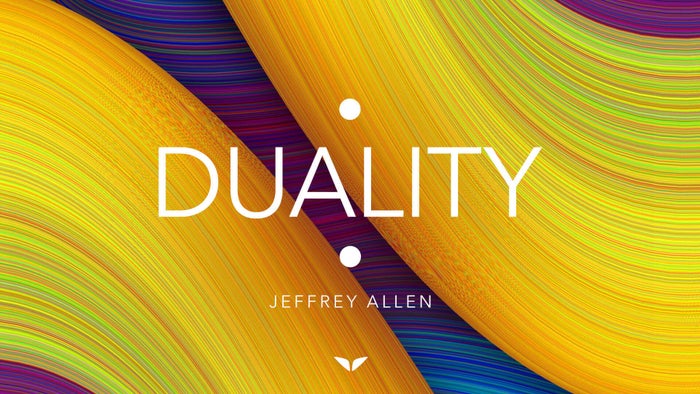
If you’ve ever felt drained after being around certain people, or energized after being in nature, you’ve brushed up against the ideas in Duality.
Jeffrey Allen teaches you how to sense, clear, and manage your personal energy. Lessons include grounding exercises, aura cleansing, and techniques for tuning into intuition.
Who it’s for: People curious about energy work, spirituality, or emotional balance.
Strengths:
- Jeffrey has a calming teaching style.
- The daily exercises are easy to follow.
- Many students say they feel lighter, clearer, and more centered after completing it.
Weaknesses:
- If you’re a skeptic, some concepts may feel too “out there.”
- Results are subjective — you have to experience it to believe it.
My take: Duality is one of the most loved spiritual Quests on Mindvalley. If you’re open-minded, it’s worth trying.
2. Money EQ by Ken Honda
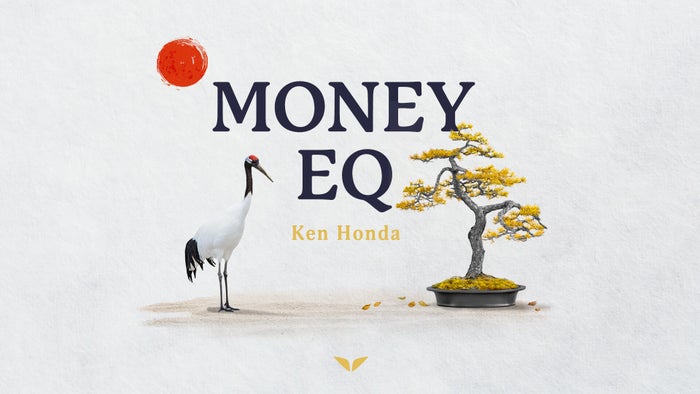
Ken Honda, also known as Japan’s “Zen Millionaire,” brings his philosophy of Happy Money to Mindvalley.
Instead of teaching budgeting or investing, Money EQ dives into your emotional relationship with money. It helps you identify hidden beliefs, heal money wounds, and create a sense of peace around finances.
Who it’s for: Anyone who feels anxious, guilty, or conflicted about money.
Strengths:
- Focuses on emotional healing, which most finance courses ignore.
- Ken’s teachings are simple but powerful.
- Students often report feeling freer and lighter after the Quest.
Weaknesses:
- Doesn’t teach hard financial skills like investing or taxes.
- Some learners want more “how to” than mindset work.
My take: If you already have solid financial literacy, this might feel basic. But if money stress weighs on you emotionally, this Quest can be surprisingly transformative.
3. Experience Lucid Dreaming by Charlie Morley
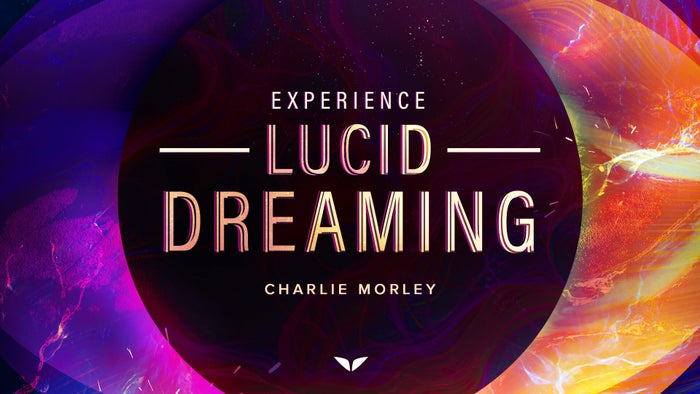
What if you could control your dreams — flying, exploring, even healing — while you sleep? That’s what Charlie Morley’s Lucid Dreaming Quest is about.
You’ll learn techniques like reality checks, dream journaling, and sleep rituals to increase your chances of becoming aware in your dreams.
Who it’s for: Dream enthusiasts, creatives, and anyone curious about the subconscious mind.
Strengths:
- Charlie is an engaging teacher with humor and warmth.
- The course is practical, with clear daily steps.
- Many students report breakthroughs in creativity and even trauma healing.
Weaknesses:
- Requires consistent practice and good sleep hygiene.
- Not everyone achieves lucidity, and results vary.
My take: One of the most fun Quests on Mindvalley. Even if you don’t become a dream master, you’ll definitely improve dream recall and awareness.
4. Energy Medicine by Donna Eden & David Feinstein
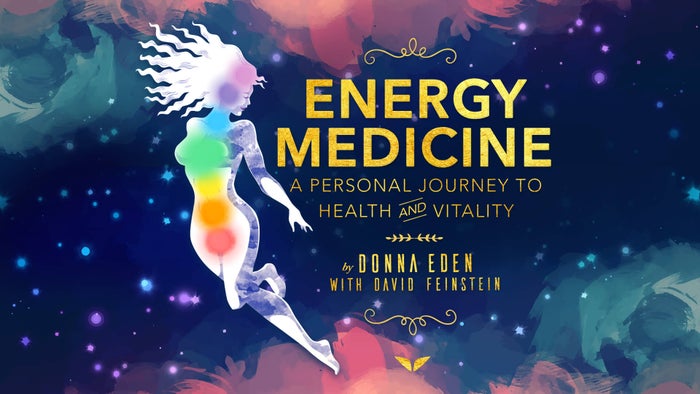
Donna Eden is a pioneer in teaching people to use the body’s energy systems for healing and vitality.
Her Mindvalley Quest introduces simple daily routines to balance energy, relieve stress, and boost overall wellness.
Who it’s for: People interested in holistic health or alternative medicine.
Strengths:
- Techniques are practical and easy.
- Donna is charismatic and full of positive energy.
- Many students use the exercises daily for stress relief.
Weaknesses:
- Scientific evidence is limited — it’s more experiential.
- May feel repetitive if you’ve studied energy medicine before.
My take: Great for beginners in energy practices. Don’t expect medical miracles, but many report real improvements in mood and vitality.
5. Superbrain by Jim Kwik
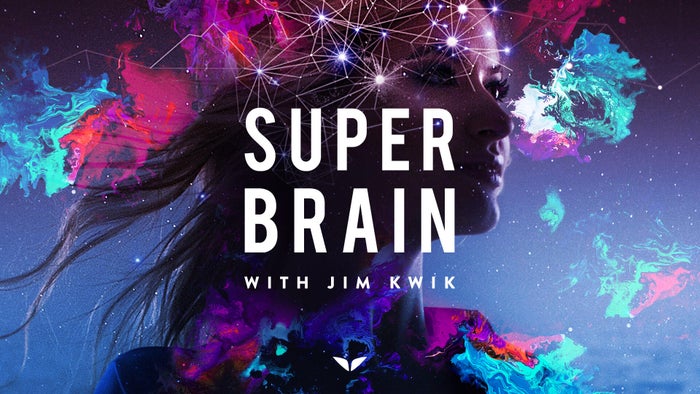
Jim Kwik is one of the most popular brain coaches in the world, and Superbrain is his flagship Quest.
It teaches memory techniques, speed learning, focus strategies, and ways to “upgrade” your mental habits.
Who it’s for: Students, professionals, or lifelong learners.
Strengths:
- Highly actionable — you’ll use the techniques immediately.
- Jim is a charismatic, motivational teacher.
- Reviews consistently praise its practicality.
Weaknesses:
- Some techniques require ongoing practice.
- A few concepts may feel familiar if you’ve studied memory methods before.
My take: One of the best entry points into Mindvalley. You’ll walk away with concrete skills you can use every day.
6. Lifebook Online by Jon & Missy Butcher
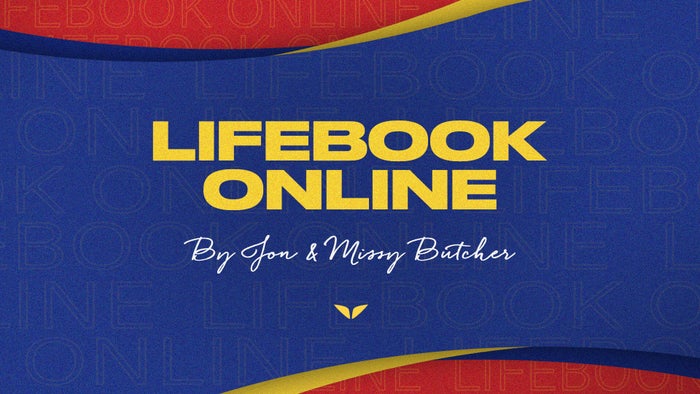
Lifebook is less of a “course” and more of a life design system. You’ll work through 12 areas of life — health, career, love, finances, etc. — and create a personalized Lifebook with your vision, beliefs, and action plan.
Who it’s for: Anyone who feels stuck or wants a clearer life direction.
Strengths:
- Deeply reflective and structured.
- Produces a tangible outcome: your Lifebook.
- Many call it the most life-changing program on Mindvalley.
Weaknesses:
- Requires serious time and effort.
- Can feel overwhelming if you’re not ready for deep self-reflection.
My take: If you’re serious about personal growth, Lifebook is a must-do.
7.Speak and Inspire by Lisa Nichols
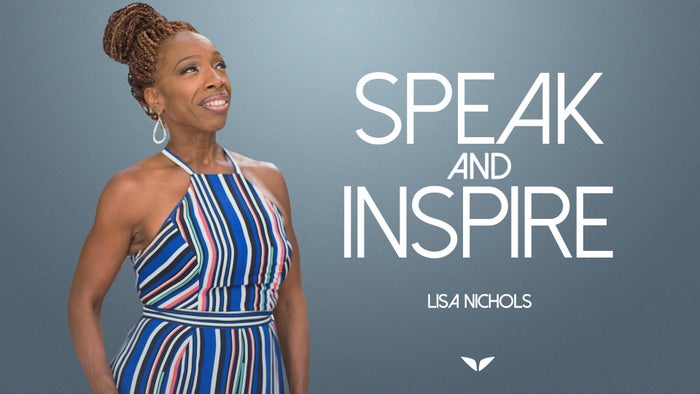
Out of all the Mindvalley quests I joined, Speak and Inspire by Lisa Nichols was the one I felt most engaged with. I actively followed along, completed most of the exercises, and even stepped out of my comfort zone by posting my practice videos in the community group.
Before starting this program, I struggled with anxiety whenever I had to speak in public. I knew I needed to overcome that fear, and this quest felt like the perfect opportunity.
The biggest breakthrough I experienced was learning to speak more freely without overthinking every word. Earlier, I used to plan my sentences in advance, and while speaking, I would often stop midway to insert the things I had “forgotten” to say. This habit not only confused my audience but also made me sound less confident. Thanks to Lisa’s guidance, I now feel comfortable speaking spontaneously and letting my words flow more naturally.
Conclusion
After looking deeply into Mindvalley’s top courses, its learning style, and the experiences of real users, one thing becomes clear: Mindvalley is not your average online learning platform. While platforms like Udemy, Coursera, or Skillshare focus heavily on career skills and technical knowledge, Mindvalley takes a different path. It dives into personal growth, transformation, and holistic living — areas that traditional education often ignores.
If we break it down:
- Community – The global network of learners is one of Mindvalley’s biggest strengths. Unlike most online courses where you feel alone, here you get support, encouragement, and interaction with people who are also focused on growth. Many students say this is what kept them motivated to finish and actually apply what they learned.
- Content – The courses are taught by world-class experts who are highly respected in their fields. From Jim Kwik’s brain training to Donna Eden’s energy medicine, these teachers are not just academics but practitioners who live by what they teach. This makes the content feel authentic, practical, and actionable.
- Structure – The microlearning approach (10–20 minutes daily lessons) is a game changer. It respects your time, avoids overwhelm, and encourages consistency. Unlike traditional long lectures, Mindvalley breaks knowledge into small chunks, making it easier to absorb and practice daily.
- Design – The platform is visually appealing, intuitive, and feels more like an experience than a course. The storytelling, animations, and guided practices keep you engaged and make learning enjoyable.
Mindvalley courses are best for:
- People who want personal transformation, not just professional skills.
- Learners who thrive in a supportive global community.
- Those open to modern science blended with ancient wisdom.
- Busy people who prefer small daily lessons over long lectures.
In the end, Mindvalley stands out because it doesn’t just sell courses, it sells transformation. If you’re serious about becoming the best version of yourself — mentally, emotionally, physically, and spiritually — then investing in these programs could be one of the smartest decisions you make for your future.
